Check out a recent article entitled Pendulums from The Banner, written by our own middle school teacher Clay Lubbers!
I recently heard our worship director talk about pendulums in a children’s sermon, and the energy in a pendulum really got me thinking about God and my faith.
You see, in a pendulum, we see two types of energy: kinetic energy and potential energy. Kinetic energy is the energy an object has because of its motion. At what speed is it moving? Does it have a lot of mass? These are all things that matter with kinetic energy.
Potential energy is the energy an object has due to its position or condition. A rock perched on a cliff has lots of potential energy, as does a spring that is tightly wound.
So a swing (a type of pendulum) simply converts potential energy into kinetic energy. At your highest point while riding a swing, your kinetic energy, for just a fraction of a second, is at zero and your potential energy is maxed out. As you swing back and reach the bottom of the arc, your potential energy is now at zero and your kinetic energy is fully used—and the reverse happens as you rise on the swing again.
I think about our relationships with God and others as swings that should be constantly alternating between kinetic and potential energy. I listen to a sermon or a podcast and it really strikes me. I participate in youth group or Bible study, and I learn something new—a better way to live, or a different way of thinking about Christian love. In those moments, we are gaining potential energy. Our “position” or “condition” is changing. We are growing in knowledge and insight.
But we need to do something with that potential energy. In Micah 6:8, God tells us, “And what does the LORD require of you? To act justly and to love mercy and to walk humbly with your God.” In the Great Commission in Matthew 28:19-20, Jesus says, “Therefore go and make disciples of all nations, baptizing them in the name of the Father and of the Son and of the Holy Spirit, and teaching them to obey everything I have commanded you.”
Christianity is a faith of action. We are called to do. How do we do that best? When we learn and charge up, when we gain new insight and knowledge, we can take that new potential energy and do something with it. We become kinetic.
Be a swing!


















